Post
A catch
Save a catch to start your fishing logbook. You will be able to to share it with the community if yo want!
A fishing trip
Post an ad to go fishing with other fishermen
Save a catch to start your fishing logbook. You will be able to to share it with the community if yo want!
Post an ad to go fishing with other fishermen
Share a thought, a question with the community
My favorite cities
×Join our 8 fishermen in Collingswood in Camden. The fishing forecast is currently 3.3. The most caught fishes here are the atlantic sharpnose shark, the king mackerel, the tarpon and the southern flounder. Come try the most famous fishing techniques like the angling - using floats, fishing for sea bass while surfcasting, deep-sea fishing or bass trolling.
Our fishing forecast of Collingswood indicates the best time to go fishing in this city.
The Atlantic Sharpnose Shark
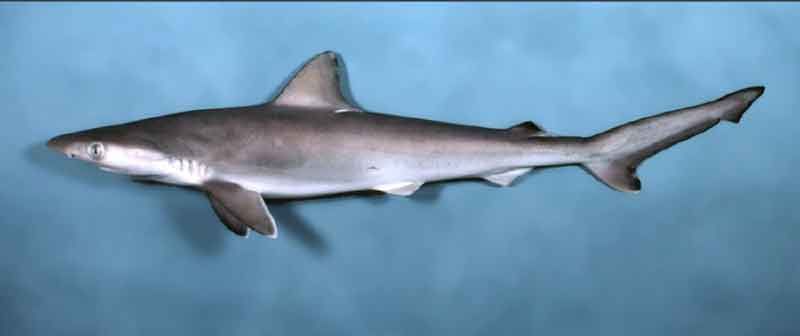
The Atlantic Sharpnose Shark belongs to the Carcharhinidae family. The average size of the Atlantic Sharpnose Shark is 90 to 99 cm. Their maximum size is 120 cm. In captivity it can live up to 4 years. The young are usually born in June. The Atlantic Sharpnose Shark can be fished all year round. The Atlantic Sharpnose Shark has a long snout and labial furrows that surround its mouth. The triangular teeth with smooth edges are identical on the upper and lower jaws. The livery of the Atlantic Sharpnose Shark can be brown, olive grey or blue grey, turning white on its belly. Adults may have some white spots, and in smaller individuals the edges of the dorsal fins and caudal fin are often black.
The Atlantic Sharpnose Shark is a famous fish you can catch in Collingswood.The King Mackerel
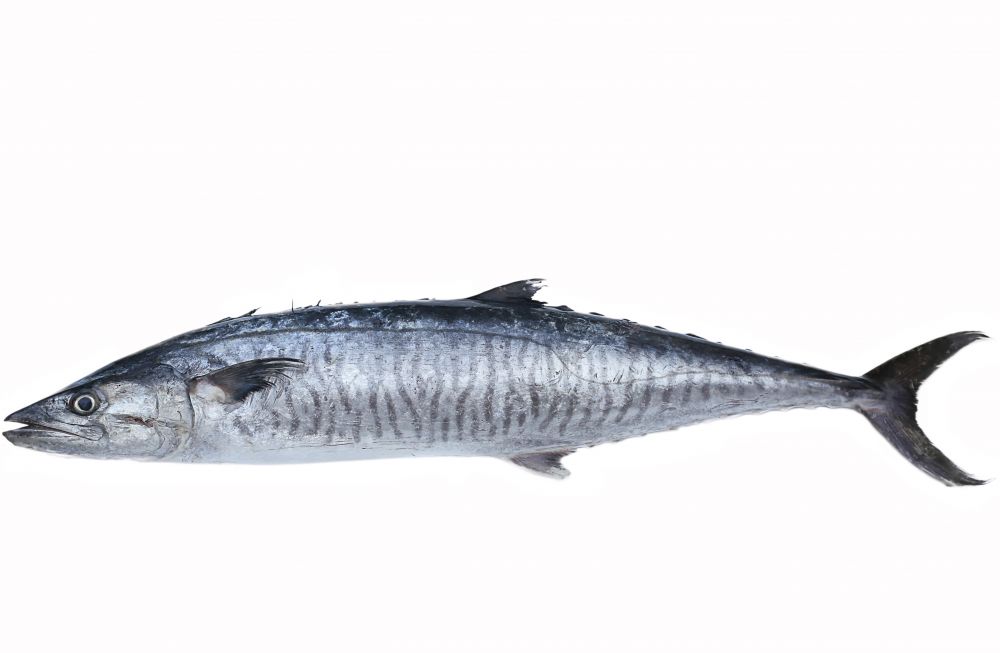
The King Mackerel belongs to the Scombridae family. The king mackerel is a medium-sized fish, generally weighing between 5 and 14 kg, but weighing more than 40 kg. Females can live up to 14 years, and males up to 11 years. It spawns from May to September. It can be fished from April to December. Unlike other members of Scombridae, mackerel do not have a black area on the front of the first dorsal fin. The mackerel king has 12 to 18 spines in his first dorsal fin; 15-18 rays in the second dorsal fin, followed by 7-10 pinnacles; and 21-23 rays in the pectoral fin. Its body is about five times larger than its head and about six times longer than its depth. The whole body is covered with rudimentary scales, except for its pectoral fin. The lateral line drops abruptly after the second dorsal fin, then continues to the tail, distinguishing it from red mackerel (Scomberomorus regalis). The king mackerel also lacks scales on the pectoral fins, as does the Spanish mackerel (Scomberomorus maculatus), unlike the red mackerel which has scales extending over the pectoral fin. The king mackerel is a silver fish with indistinct bars or spots on the side. The dorsal surface is black with iridescent tones of blue and green. Young fish have small bronze spots on 5 or 6 irregular rows.
The King Mackerel is a famous fish you can catch in Collingswood.The Tarpon
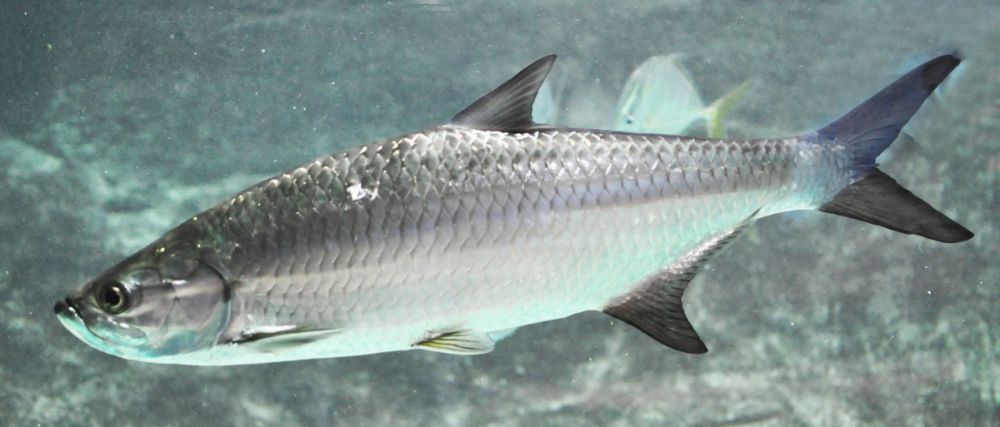
The Tarpon belongs to the Megalopidae family. The female tarpon can reach more than 2.5 m in length and weigh nearly 161 kg, the males being generally smaller. Males live longer than 30 years, while females can live longer than 50 years. They breed from May to July. It is generally fished during the spawning season. Externally, the almost vertical silvery sides made of large scales are the most distinctive feature of the tarpon. The tarpon has an upper mouth and the lower mandible extends well beyond the gape. The fins do not contain thorns, but are all made of soft rays. The dorsal fin is high forward and contains 13-15 rays of light, the last ray of which is very elongated into a thick filament. The caudal is deeply forked and the lobes appear to have the same length. The anterior part of the anal fin is deep and triangular. The fin has 22-25 rays, the last ray being elongated again as in the dorsal fin, but shorter and present only in adults. The tarpon has large pelvic fins and long pectoral fins containing 13 to 14 soft rays. The name "silver king" refers to the predominant bright silvery color on the sides and belly of the tarpon. Dorsally, the tarpon usually appears from dark blue to greenish black. However, the color may appear brownish or coppery for individuals living in inland waters. Dorsal and caudal fins have dark edges and often appear dark.
The Tarpon is a famous fish you can catch in Collingswood.The Southern flounder
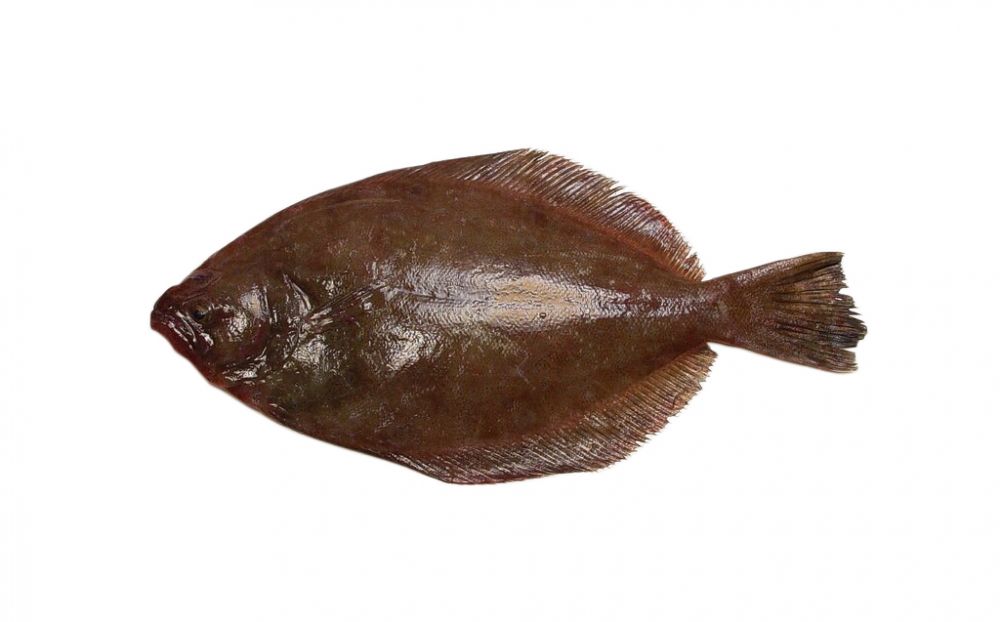
The Southern flounder belongs to the Paralichthyidae family. its average size is 30 to 35 cm for an average weight of 5 kg. it can live up to 7 years on average. it reproduces in winter. it can be fished all year round. All flatfish, which include southern flounder, are laterally compressed and spend most of their lives swimming along their bottoms. In the case of southern plaice, the left side is always the "top" side; in other species, the opposite is true.
The Southern flounder is a famous fish you can catch in Collingswood.The Mutton Snapper
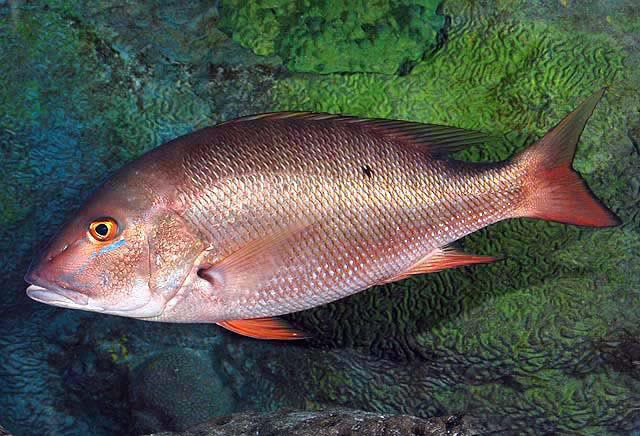
The Mutton Snapper belongs to the Lutjanidae family. They have an average length of 50 cm for an average weight of 4.5 kg. They have a lifespan of 14 years old. They spawn in February or in the summer according to the location. The best time to catch them is from May to August. This snapper is a relatively deep fish, with an almost lunar tail. It has a moderately bi-lobed dorsal fin and a very sharp anal fin. The pectoral fin of this snapper is long and is located just after the anal origin. Sheep snappers are very colorful: olive green on the back and on the upper sides, with a red tinge on the lower and lower sides. There is a distinct black spot on the upper back and blue stripes on the cheek area under the eye. There are two phases of color, which is prohibited when the fish is at rest and the solid color when the fish is swimming. The anal fin is sharp and there is a little black spot below the dorsal fin.
The Mutton Snapper is a famous fish you can catch in Collingswood.Our fishing forecast of Collingswood indicates the best time to go fishing in this city.
Our fishing forecast of Collingswood indicates the best time to go fishing in this city.
Our fishing forecast of Collingswood indicates the best time to go fishing in this city.
